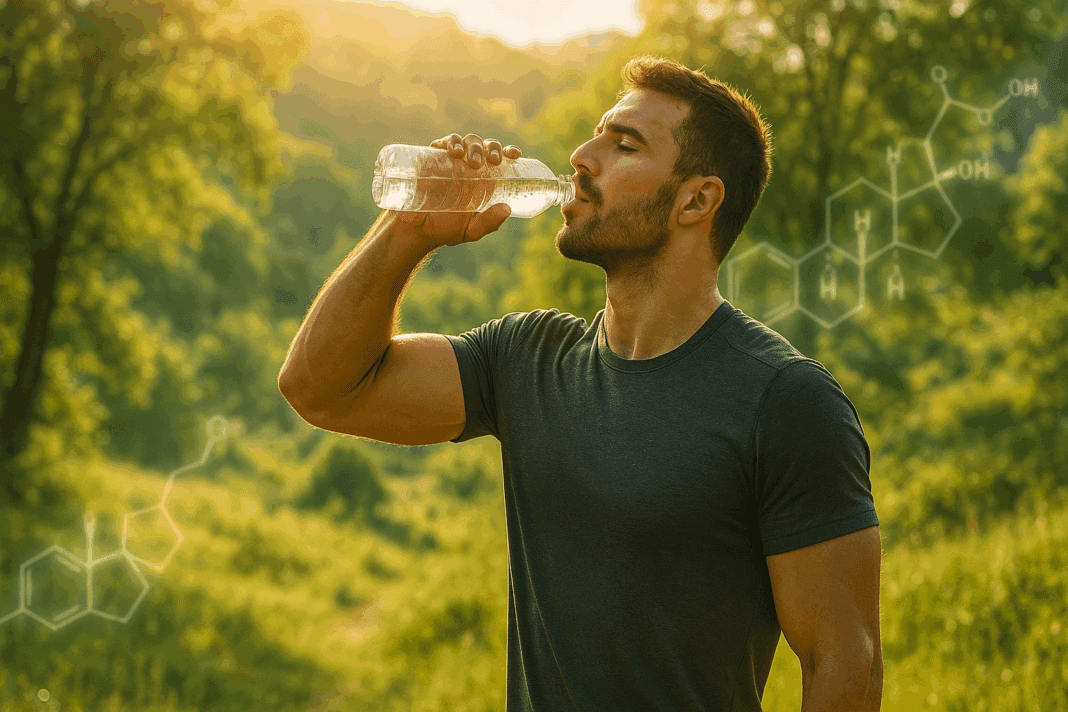Staying hydrated has long been championed as a cornerstone of good health. From improved energy to better digestion, water plays an essential role in nearly every physiological process. However, an increasingly common question has gained attention in recent years: does drinking water increase testosterone? This query intersects nutrition, hormonal balance, and fitness optimization, offering a rich area for exploration. As testosterone plays a central role in muscle development, libido, and overall vitality, understanding the connection between hydration and hormonal health is not only intriguing but essential for those interested in optimizing their wellness strategy.
You may also like : How Long Does Testosterone Stay in Your System? Effects, Duration, and What to Expect
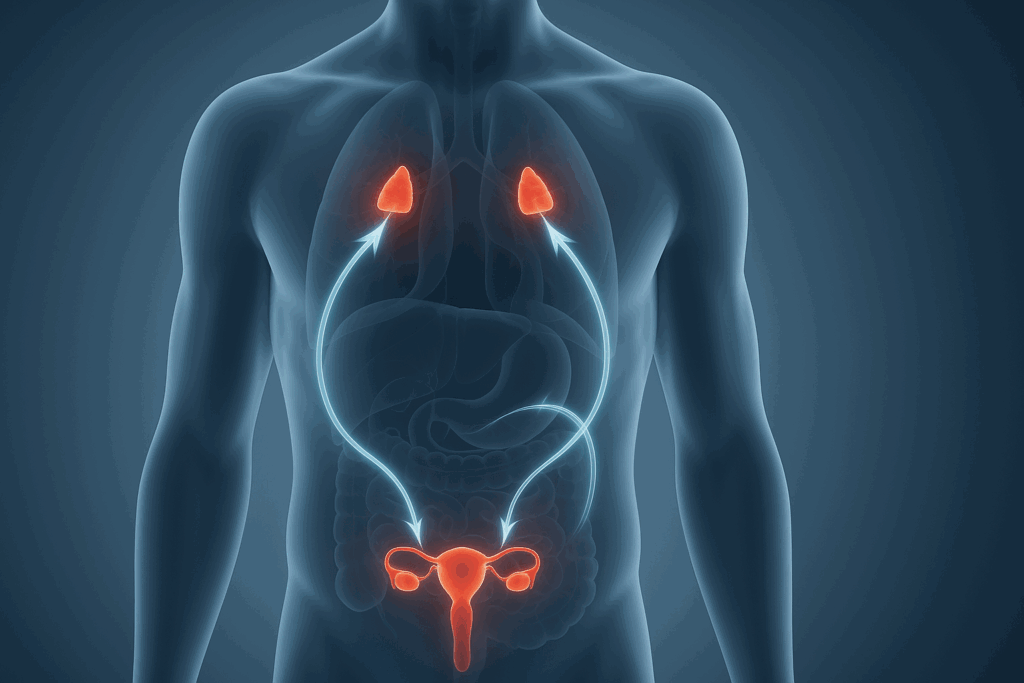
Understanding Testosterone: Its Role in Health and Performance
Testosterone is a steroid hormone primarily produced in the testes in men and in smaller amounts in the ovaries and adrenal glands of women. It is responsible for a range of functions including muscle mass development, red blood cell production, bone density, mood regulation, and sexual health. Although often associated with masculinity, testosterone is vital to the health of both men and women. When levels drop below optimal ranges, symptoms such as fatigue, reduced libido, difficulty gaining muscle, and mood disturbances may arise.
In the context of fitness and diet, testosterone’s influence cannot be overstated. Athletes and those following high-protein diets often seek to optimize testosterone levels to maximize muscle gains and recovery. As a result, inquiries about natural methods to boost testosterone—including whether hydration has a meaningful impact—have become more prominent.
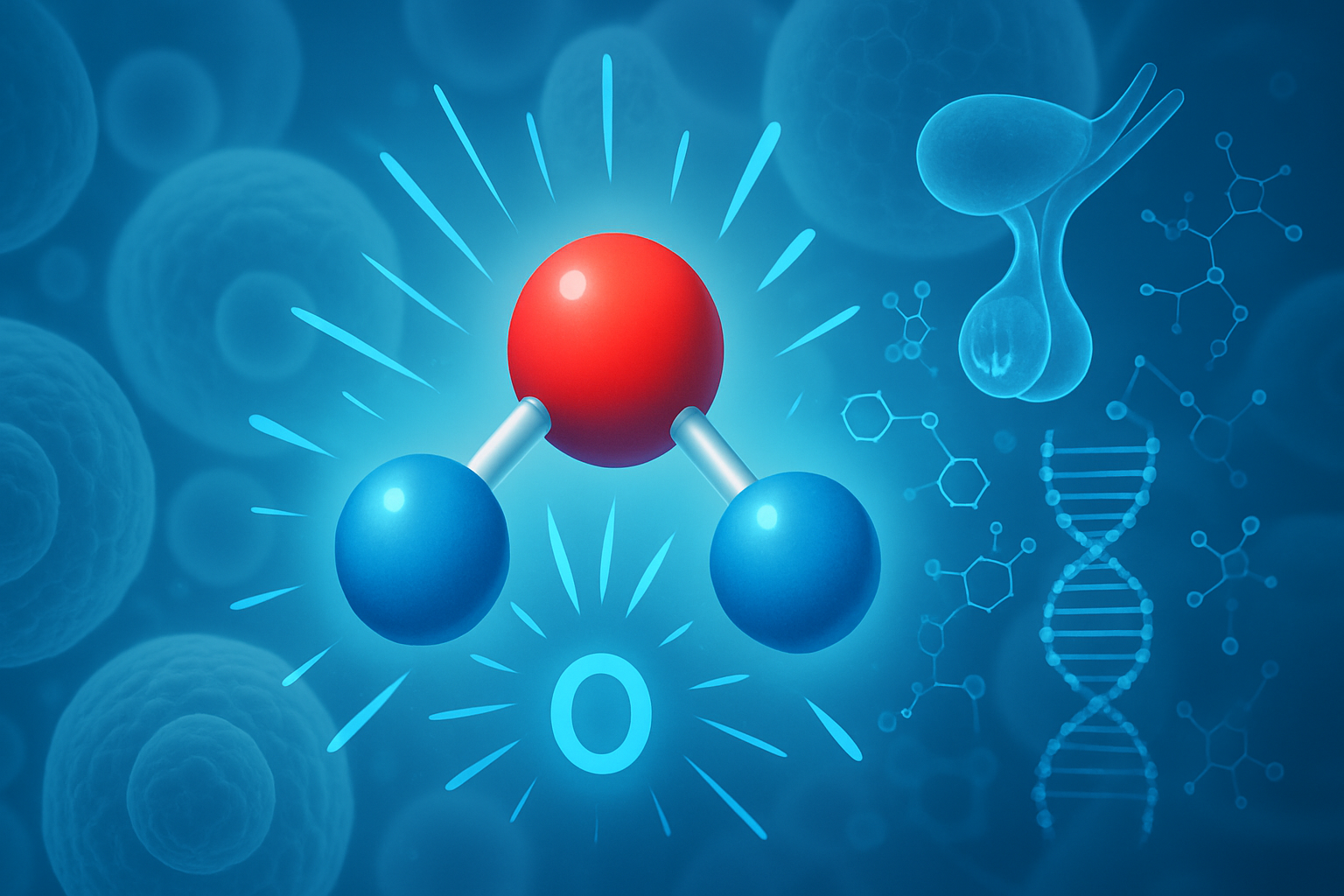
The Biological Basis of Hydration and Hormonal Regulation
Water is more than just a thirst quencher; it is a fundamental element of cellular function. Hormone production, enzyme activity, nutrient transport, and cellular repair all rely on adequate water levels. When the body becomes dehydrated, even mildly, physiological stress increases, and endocrine system function may be compromised. The pituitary gland, which signals the testes to produce testosterone, is particularly sensitive to shifts in homeostasis caused by hydration levels.
Moreover, dehydration can lead to elevated cortisol, the body’s primary stress hormone. Increased cortisol has an inverse relationship with testosterone. When cortisol levels are high, testosterone production often drops as the body prioritizes immediate survival over reproductive or muscle-building functions. This suggests that staying adequately hydrated may support a hormonal environment conducive to testosterone production by minimizing cortisol-related interference.
Does Drinking Water Increase Testosterone? Examining the Scientific Evidence
While the hypothesis is compelling, the direct research exploring whether drinking water increases testosterone is limited. However, several studies have examined hydration in relation to exercise performance, stress response, and hormonal fluctuations. These indirect pathways offer valuable insight into how hydration might influence testosterone levels.
One study published in the Journal of Applied Physiology found that dehydrated male athletes had significantly higher cortisol and lower testosterone levels after intense exercise compared to their hydrated counterparts. The study highlighted the stress response induced by dehydration and its suppressive effect on anabolic hormones.
Another investigation, appearing in Hormone and Metabolic Research, examined soldiers under physical stress and found that adequate fluid intake helped stabilize testosterone levels during prolonged exertion. Although these findings do not conclusively prove that water boosts testosterone in isolation, they strongly suggest that hydration status influences the hormonal milieu that supports testosterone production.
Therefore, while drinking water may not be a “magic bullet,” it creates a physiological environment more favorable for maintaining healthy testosterone levels. This context is especially important for those aiming to increase free testosterone or looking for ways to raise testosterone through lifestyle interventions.
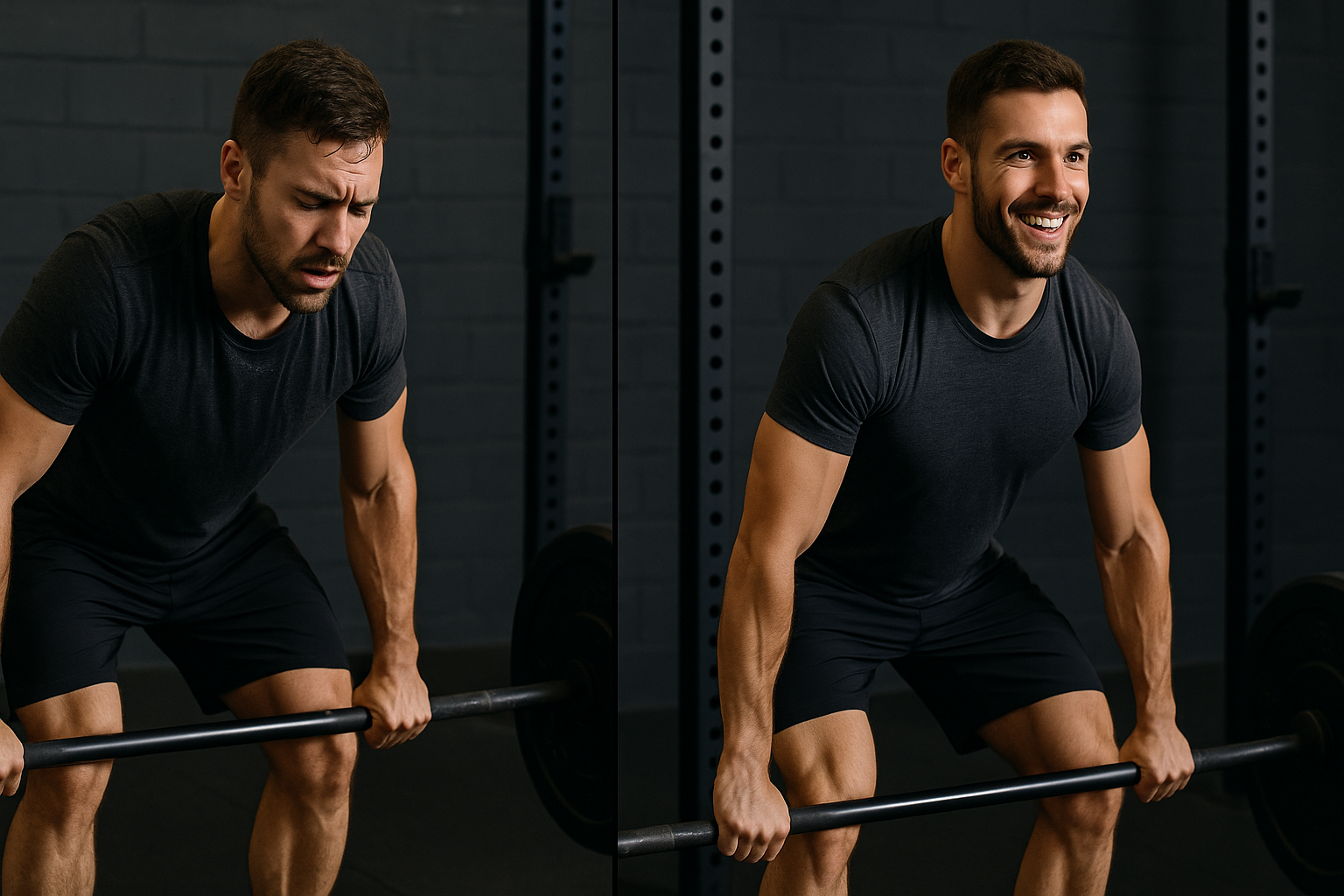
How Dehydration Affects Testosterone and Physical Performance
Dehydration imposes numerous physiological burdens that can diminish testosterone production both directly and indirectly. At the cellular level, dehydration reduces blood volume, impairing nutrient and oxygen delivery. For athletes or individuals on high-protein diets, this can disrupt muscle recovery and anabolic signaling.
Increased oxidative stress and impaired kidney function due to low water intake may further tax the body’s ability to synthesize hormones. Moreover, studies indicate that even a 2% loss in body water content can impair physical performance, endurance, and cognitive focus—all factors that correlate with hormonal balance.
Most significantly, dehydration exacerbates cortisol release. This catabolic hormone competes with testosterone for receptor binding and plays a dominant role in prioritizing energy for immediate needs, suppressing muscle-building and reproductive functions. By contrast, adequate hydration helps moderate this stress response and supports more balanced endocrine signaling.
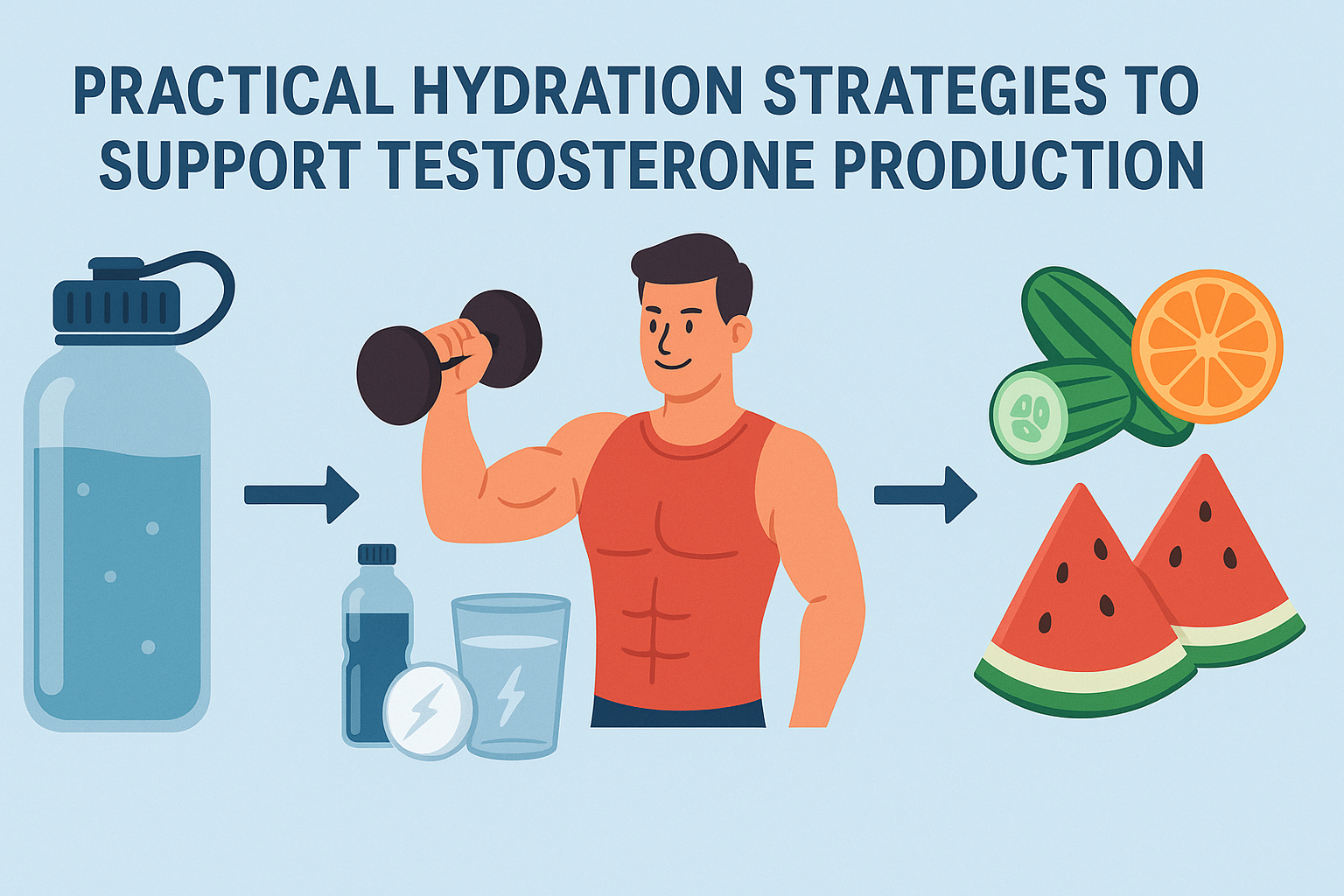
Practical Hydration Strategies to Support Testosterone Production
For individuals seeking to optimize hormonal health, including those considering testosterone supplements or testosterone boosters, hydration should be a foundational strategy. A baseline recommendation is to consume half your body weight in ounces of water daily. For example, a 180-pound person should aim for around 90 ounces per day, adjusting upward for exercise, heat, or high-protein intake.
Hydration is especially critical during and after workouts. Exercise creates fluid loss through sweat and respiration, and replacing these fluids promptly helps mitigate cortisol spikes. Adding electrolytes such as sodium, potassium, and magnesium can further enhance fluid retention and intracellular hydration.
Incorporating water-rich foods such as cucumbers, watermelon, and oranges also supports hydration passively. Those using test boosters or wondering, “do testosterone pills work?” should understand that these supplements work best in a well-supported physiological context—and hydration is a key part of that context.
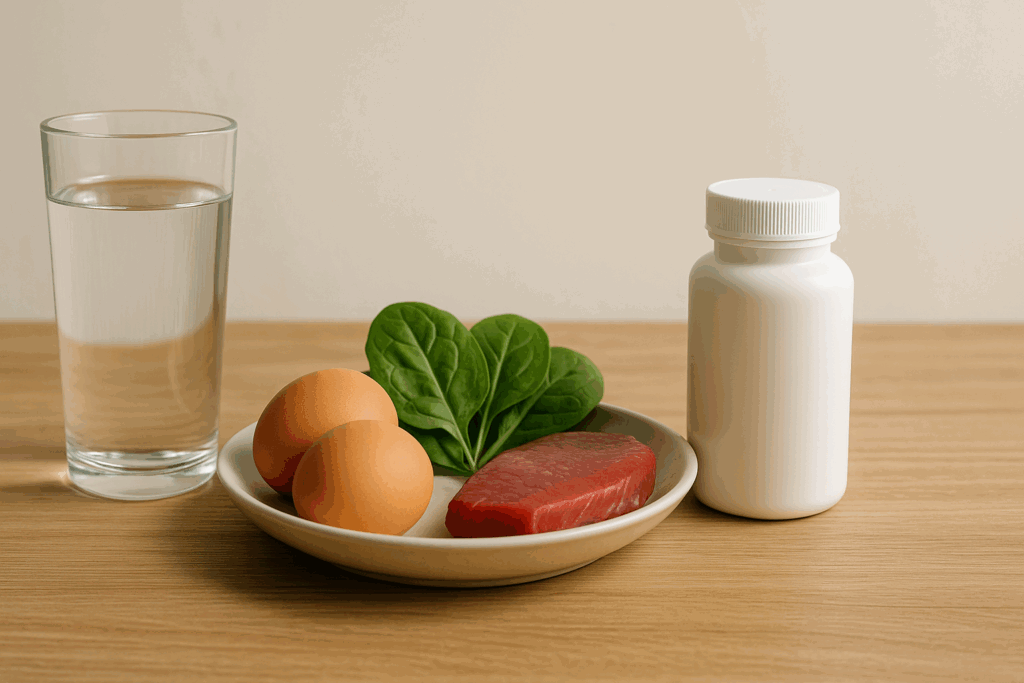
Natural Approaches vs. Supplements: Where Does Hydration Fit In?
When evaluating how to increase testosterone, individuals are often faced with the choice between natural lifestyle changes and over-the-counter testosterone boosters. While test boosters, testosterone pills for men, and testosterone tablets review articles often promise fast results, long-term hormone optimization requires systemic balance—which includes hydration.
Water intake doesn’t carry the risks associated with some supplements, such as liver strain or hormonal imbalances. While questions like “are testosterone boosters safe?” remain valid, hydration poses no such dilemma. It is universally beneficial, has zero adverse effects when consumed appropriately, and may even enhance the effectiveness of other interventions.
By ensuring that cells are well-hydrated, the body becomes more responsive to dietary changes, training stimuli, and even supplemental inputs. In this way, drinking water serves as a foundational practice for those seeking to learn how to raise testosterone or how to naturally increase testosterone.
Does Drinking Water Increase Testosterone During Exercise Recovery?
One of the most critical times to support hormonal health is during post-exercise recovery. Exercise-induced testosterone surges are well documented, particularly following resistance training. However, sustaining those elevated levels requires a supportive internal environment.
Research has shown that post-exercise hydration affects the recovery of not just muscle tissue but also the hypothalamic-pituitary-gonadal (HPG) axis, which governs testosterone production. Failing to rehydrate adequately after strenuous activity can prolong cortisol elevation and blunt testosterone’s anabolic effects.
Incorporating strategies such as consuming a protein shake with water rather than milk or juice, rehydrating with electrolyte-enhanced water, and avoiding diuretics like caffeine immediately after workouts can optimize recovery and support hormonal balance. For those wondering, “does protein boost testosterone?” the answer is yes—but only if hydration levels allow proper protein metabolism and hormonal signaling.
Hydration, Diet, and Testosterone: Building a Synergistic Strategy
To gain a clearer understanding of how to increase testosterone levels quickly or how to gain testosterone naturally, we must examine the synergy between diet and hydration. Certain foods that boost testosterone—including red meat, eggs, oysters, and leafy greens—deliver the essential building blocks for hormone production, such as zinc, vitamin D, and saturated fats.
However, without proper hydration, the absorption and utilization of these nutrients can be compromised. Water aids in enzymatic digestion, nutrient transport, and cellular uptake—all prerequisites for hormonal synthesis. Those exploring the question, “does red meat boost testosterone?” must also consider the water intake necessary to process protein and nitrogen effectively.
Thus, drinking water is not merely a passive act of health maintenance; it is an active component of a testosterone-boosting nutritional strategy. Whether combined with foods that increase testosterone or integrated into a routine that includes a testosterone booster for man, water plays a key role in realizing the benefits of these interventions.
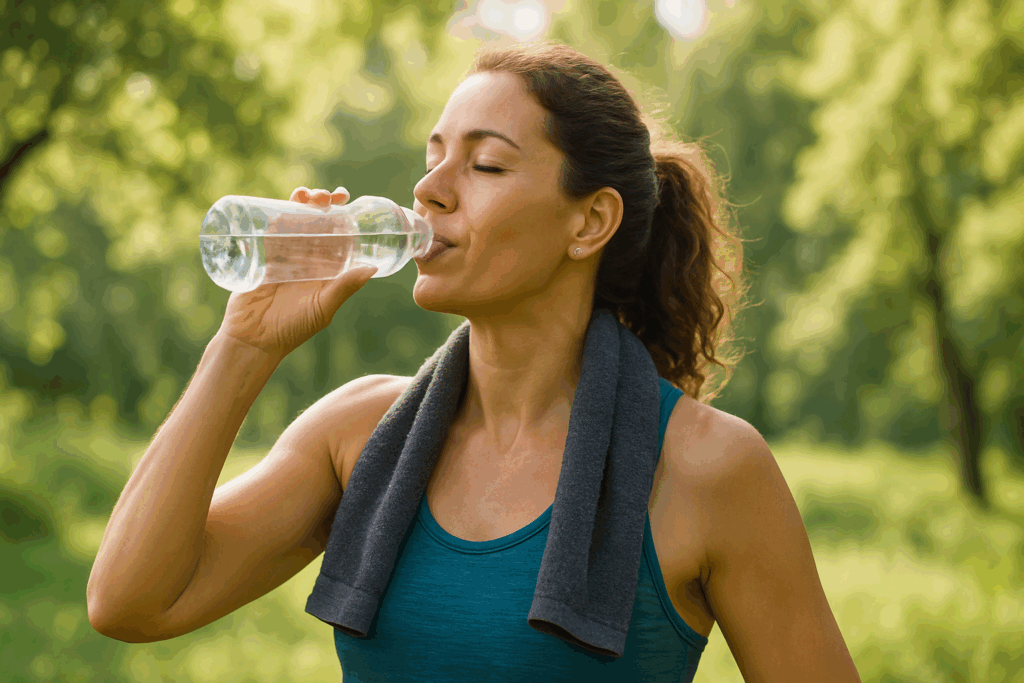
Can Drinking Water Help Testosterone Levels in Women?
Although most testosterone discussions focus on men, this hormone is also vital for women. It plays a role in libido, energy, bone health, and even mood stability. Women often explore how to increase testosterone in females naturally, especially during peri-menopause and menopause when levels naturally decline.
Hydration can be just as important for women as for men. Hormonal fluctuations often cause fluid imbalances, bloating, and water retention. Drinking adequate water helps flush excess sodium, reduce bloating, and support kidney and adrenal health—all of which contribute to a more stable hormonal environment.
Combined with resistance training, adequate protein intake, and healthy fats, hydration supports a multi-pronged strategy to naturally elevate testosterone in women. This makes water a simple but powerful ally for those navigating hormonal shifts.
Do Testosterone Supplements Work Better With Proper Hydration?
A frequently asked question in fitness and wellness circles is: do testosterone supplements work? The answer often depends on the user’s baseline health and lifestyle habits. Hydration, while often overlooked, is a pivotal factor that can enhance or limit the efficacy of these supplements.
Whether it’s testosterone pills for men or the top testosterone booster on the market, these products rely on optimal nutrient absorption, liver metabolism, and endocrine responsiveness. Dehydration compromises all three. For example, liver function slows down when fluid levels are low, which can hinder the metabolism of testosterone tablets or boosters.
Users asking “can I take testosterone?” should also be informed about the importance of hydration in mitigating side effects. Dry skin, headaches, and mood swings are sometimes reported, and maintaining hydration can help buffer these symptoms. In this way, water acts not just as a delivery medium but as a modulator of overall hormone support.
Does Drinking Water Increase Testosterone in the Long Run?
Long-term hormonal health depends on consistency. Sporadic attempts to boost testosterone through quick fixes or short-term diets rarely deliver lasting results. Integrating hydration into a consistent lifestyle strategy is essential for sustaining hormonal balance.
Studies on endocrine function over time show that those with better hydration habits tend to have lower systemic inflammation, improved kidney function, and more stable hormone levels. These cumulative benefits make water a low-cost, high-yield addition to any testosterone optimization plan.
In the quest to discover how to increase free testosterone or how to naturally increase testosterone, it’s easy to overlook something as basic as water. However, small daily actions, like drinking enough water, create the physiological backdrop necessary for all other interventions to work effectively.
Reconsidering the Role of Water: A Foundational Test Booster
When evaluating various test booster options, it becomes clear that no supplement can outmatch the consistent benefits of optimal hydration. Water facilitates every aspect of metabolism, from enzymatic reactions to hormonal transport. Its role in testosterone production may be indirect, but it is no less critical.
Whether you’re relying on testosterone supplements for men, seeking out over-the-counter testosterone options, or diving deep into testosterone tablets review comparisons, the common denominator of efficacy often lies in the body’s readiness to absorb and utilize these agents. Hydration enhances that readiness, making it an unsung hero in the world of hormone optimization.
Therefore, those researching “do testosterone boosters work?” should ask a parallel question: “Is my body hydrated enough to support what these boosters are trying to achieve?” The answer to both will determine the effectiveness of your strategy.
The Hydration-Hormone Connection: What the Science Suggests
Current literature continues to explore the many facets of hydration’s role in health. While the direct question of “does drinking water increase testosterone?” lacks a large-scale, definitive clinical trial, the evidence from adjacent fields is strong. Hydration supports enzymatic function, reduces cortisol, enhances nutrient uptake, and stabilizes bodily systems that govern hormone production.
As researchers dive deeper into personalized medicine, factors like hydration status are gaining more prominence. The subtle but measurable impact of water on hormonal rhythms, especially in the context of stress and exercise, is an area ripe for further study.
Until science provides absolute clarity, the available data suggest a compelling case: while water may not directly spike testosterone, it lays the groundwork for optimal production and utilization. It complements dietary strategies, enhances supplement performance, and supports long-term hormonal balance.
Digital Hydration Monitoring and Biofeedback Tools
Technology is transforming the way we approach hydration. Wearables and smartphone apps now allow users to track fluid intake, monitor urine output, and even assess hydration status via bioimpedance or sweat analysis. Some advanced fitness trackers now integrate hydration feedback with hormonal data, sleep patterns, and physical performance metrics.
For example, some athletes and biohackers use testosterone saliva tests alongside hydration tracking to observe correlations in real time. This personalized data approach supports the idea that water intake can and should be tailored to individual hormonal rhythms and environmental demands.
These innovations reflect a broader shift toward personalized health optimization. By combining hydration monitoring with hormonal awareness, users can refine their testosterone strategies beyond guesswork.
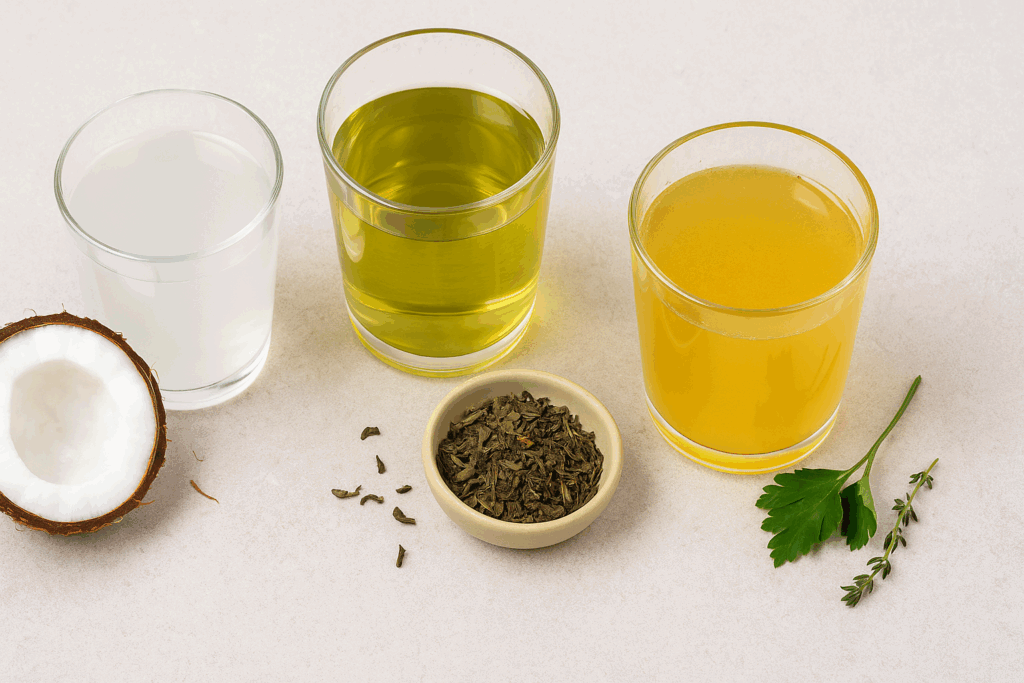
Hormone-Supporting Beverages: Beyond Plain Water
Although plain water is essential, other beverages can also support testosterone indirectly. Green tea, for instance, contains catechins that may help lower cortisol and enhance testosterone signaling. Coconut water provides natural electrolytes like potassium and magnesium, which are critical for enzymatic reactions involved in hormone synthesis.
Bone broth, rich in collagen, glycine, and minerals, is increasingly viewed as a supportive beverage for gut and endocrine health. Some natural bodybuilders and functional health practitioners incorporate such drinks into their testosterone-boosting regimens. While not replacements for water, these drinks contribute to total hydration while offering hormone-supporting nutrients.
However, sugary beverages and alcohol should be minimized, as they promote inflammation and disrupt endocrine balance. Excessive caffeine, particularly in the absence of sufficient water, can also lead to dehydration and hormone disruption. Thus, hydration choices matter as much as hydration volume.
Structured Water and Testosterone: A Controversial Exploration
Structured water, sometimes referred to as “hexagonal water” or “EZ (exclusion zone) water,” has gained attention in alternative health communities. Proponents claim that this form of water, which is theorized to exist in a more organized molecular structure, is more efficiently absorbed by cells and may have bioenergetic benefits.
Though empirical research is limited, anecdotal reports suggest users experience improved energy, reduced inflammation, and better hormone regulation. While mainstream science remains skeptical, the notion that water structure could influence cellular hydration and hormone receptor activation offers an intriguing avenue for future research.
Even without full scientific endorsement, the focus on water quality and energy potential reflects a growing awareness that not all hydration is created equal. Whether or not structured water can help increase testosterone remains to be proven, but the discussion underscores the expanding view of hydration as a nuanced and potent variable in health.
Influence of Temperature and Climate on Hydration and Hormones
Environmental factors such as temperature and humidity also influence hydration needs and, by extension, testosterone regulation. In hot climates, fluid loss via sweat increases significantly, leading to a higher risk of dehydration-induced hormonal suppression. A 2019 study published in the International Journal of Environmental Research and Public Health found that workers in hot industrial settings experienced notable testosterone suppression after long hours of heat exposure.
This emphasizes the importance of climate-adjusted hydration practices. People living in hot or humid environments should increase their water intake and consider electrolytes to counteract fluid and mineral losses. These adjustments may help maintain testosterone balance in adverse environmental conditions.
Conversely, in cold climates, people often feel less thirsty despite still losing fluids through respiration and metabolic activity. Underhydration in cold weather is thus a hidden threat to hormonal health and should not be underestimated.
Sports Hydration Protocols and Hormonal Outcomes
Elite athletes and bodybuilders frequently monitor their hydration with scientific precision. These individuals, often concerned with how to gain testosterone naturally or enhance performance legally, recognize that optimal hydration improves not just endurance and strength but also hormonal responses.
Studies involving athletes have demonstrated that structured hydration protocols can reduce cortisol and preserve testosterone after high-intensity exercise. These protocols often include pre-hydration with 16-20 ounces of water an hour before activity, intra-workout hydration with electrolyte drinks, and post-exercise rehydration tailored to fluid loss measured via body weight or urine color.
This data is particularly relevant for users of testosterone boosters or over-the-counter testosterone supplements. For these supplements to perform as advertised in testosterone tablets review articles, they must be supported by hydration strategies that stabilize the hormonal environment.
FAQ: Does Drinking Water Increase Testosterone? Insights Beyond the Basics
1. How does hydration status affect testosterone receptor efficiency?
Hydration plays a pivotal role in receptor efficiency across various hormone systems, including testosterone. Well-hydrated cells maintain optimal membrane fluidity, which directly supports the proper binding of testosterone to androgen receptors. This cellular responsiveness means even average hormone levels can exert stronger biological effects when hydration is ideal. In contrast, dehydration may lead to receptor insensitivity, reducing the impact of circulating testosterone. This makes hydration a subtle yet powerful tool in any strategy for those seeking how to raise testosterone or optimize hormonal sensitivity without additional supplements.
2. Does drinking water increase testosterone in biohacking protocols?
Biohackers often experiment with hydration timing and water quality to maximize hormone optimization. Drinking mineral-rich water upon waking is a common tactic used to reset cortisol rhythms and enhance the testosterone surge that naturally occurs in the early morning. These individuals may also utilize structured water, claiming its enhanced absorption benefits cellular hydration and hormone regulation. While mainstream science hasn’t fully endorsed these practices, anecdotal reports support the view that hydration rituals can amplify the body’s natural hormonal cycles. This makes hydration an integral part of advanced routines alongside the use of testosterone boosters or testosterone pills for men.
3. Can improved hydration enhance the effectiveness of testosterone boosters?
Yes, hydration can significantly influence how well testosterone boosters work. Water supports enzymatic processes in the liver and kidneys, where many test booster compounds are metabolized. Poor hydration may hinder supplement breakdown and reduce their effectiveness. Moreover, electrolyte balance maintained through hydration can enhance nutrient uptake and improve the bioavailability of active compounds found in testosterone supplements for men. So, before asking “do testosterone boosters work?”, it’s essential to ensure the body is physiologically prepared to absorb and respond to them.
4. How important is water quality for hormone health?
Water quality matters greatly when considering hormonal optimization. Tap water often contains contaminants such as chlorine, lead, and endocrine-disrupting chemicals like BPA, which can interfere with testosterone production. Using reverse osmosis filters or choosing spring water helps reduce exposure to these toxins. Some experts believe that long-term exposure to low levels of such compounds may partly explain the modern decline in male testosterone levels. Therefore, individuals interested in how to increase testosterone or searching for the best testosterone booster for men should also evaluate the safety and purity of their drinking water.
5. Does drinking water increase testosterone in women, too?
Although testosterone is often discussed in male health contexts, it is equally important in women for libido, bone health, and energy regulation. Women looking into how to increase testosterone in females naturally should know that hydration can help stabilize adrenal and pituitary functions, both of which influence testosterone production. Proper hydration also supports mood and cognitive clarity, which indirectly impact hormonal balance. Combined with foods that boost testosterone and regular resistance training, drinking water can help create the conditions necessary for natural hormone improvement in women. This provides a simple and safe strategy, especially for those cautious about taking over the counter testosterone options.
6. Does drinking water increase testosterone after strength training?
Post-exercise hydration is essential for hormonal recovery, especially following intense strength training known to temporarily spike testosterone. Rehydrating after workouts reduces cortisol, the stress hormone that competes with testosterone for metabolic dominance. Water also facilitates nutrient delivery and cellular repair, enhancing muscle recovery and anabolic hormone activity. Combining post-workout hydration with protein-rich foods that increase testosterone, such as eggs or lean red meat, amplifies these effects. For those asking “does red meat boost testosterone?”, it certainly can—but only if hydration supports metabolic efficiency post-training.
7. Are testosterone boosters safe when used with hydration protocols?
When integrated with smart hydration practices, testosterone boosters are generally better tolerated and potentially more effective. Staying hydrated can mitigate common side effects associated with test booster use, such as headaches, mood swings, or gastrointestinal discomfort. However, the question “are testosterone boosters safe?” must still be approached with caution, especially for those with preexisting medical conditions. It’s crucial to consult with a healthcare provider before starting any testosterone pills or testosterone supplements. Hydration enhances physiological resilience, but it doesn’t eliminate the need for professional oversight.
8. Can strategic hydration speed up how to increase testosterone levels quickly?
Hydration can be an accelerant when used alongside other evidence-based testosterone-boosting strategies. For example, drinking water infused with electrolytes before workouts, prioritizing sleep quality, and consuming testosterone-friendly meals all work synergistically. These practices collectively support endocrine stability and reduce hormonal stressors. People who wonder how to increase testosterone levels quickly should focus on hydration not just in volume but also in timing and composition. It may not produce overnight miracles, but it optimizes the body for faster and more sustainable hormonal gains.
9. How do OTC testosterone options interact with hydration levels?
Many otc testosterone supplements contain ingredients that rely on proper liver metabolism and kidney filtration. These processes require adequate water intake to function efficiently and avoid toxic buildup. Inadequate hydration can reduce the efficacy of testosterone tablets and increase the risk of side effects. Users of testosterone pills for men should also avoid dehydrating substances like alcohol and excessive caffeine, which interfere with supplement absorption. Hydration not only protects organ health but also ensures that over the counter testosterone products are working under ideal conditions.
10. Does drinking water increase testosterone through stress regulation?
One of the lesser-known but impactful ways that water affects testosterone is through its influence on stress. Dehydration triggers a stress response in the body, elevating cortisol, which in turn suppresses testosterone. Consistently drinking water helps maintain physiological calm, especially under demanding mental or physical conditions. For those exploring how to naturally increase testosterone or how to gain testosterone through non-supplemental means, reducing stress through hydration is an elegant and accessible strategy. This makes water not just a nutrient but a behavioral tool for hormone modulation.
Conclusion : Why Hydration Deserves a Place in Your Testosterone Strategy
In the vast and often overwhelming world of hormone health, the basics still matter. While the marketplace is saturated with test booster ads, testosterone pills, and advice on how to raise testosterone quickly, the foundation often lies in the simplest of practices. Drinking water, though frequently underestimated, is a cornerstone of endocrine health.
So, does drinking water increase testosterone? The nuanced answer is that while it may not act as a direct stimulant, it plays a powerful supportive role. By reducing cortisol, improving nutrient transport, aiding recovery, and facilitating hormonal signaling, water enhances the body’s capacity to produce and use testosterone effectively.
Incorporating hydration into your routine is not just a matter of quenching thirst. It is a deliberate, strategic act that supports every other part of your testosterone optimization plan—from the foods that boost testosterone to the top testosterone booster you choose. In the end, your water bottle might just be one of the most powerful and underutilized tools in your hormonal health arsenal.
Further Reading:
8 Proven Ways to Increase Testosterone Levels Naturally
Testosterone therapy: Potential benefits and risks as you age


